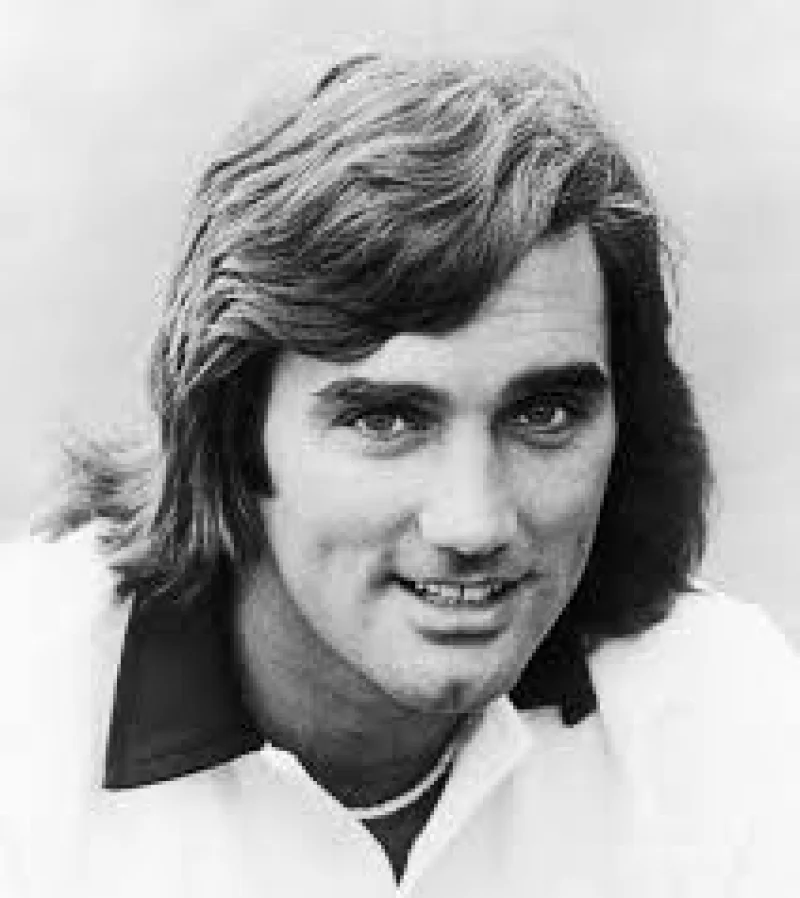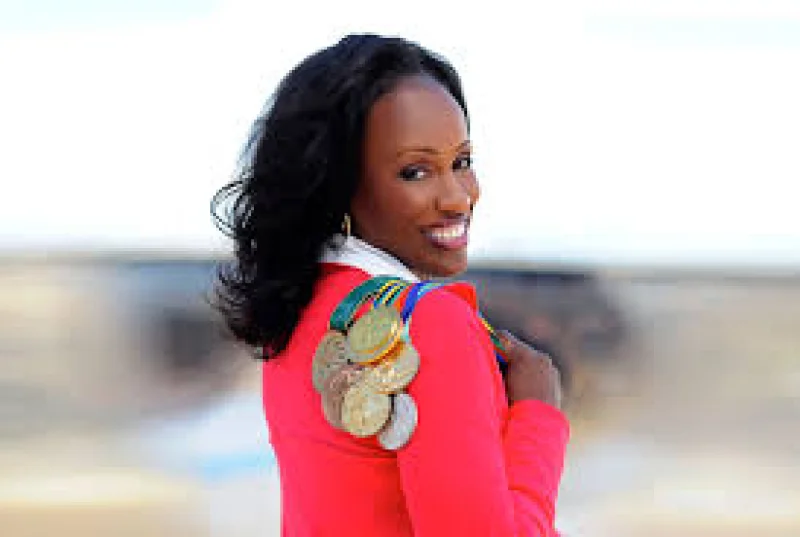Short Summary
George Best was a Northern Irish professional footballer renowned for his exceptional talent and charisma on the field. Best gained fame as a winger for Manchester United, where he dazzled fans with his dribbling skills and scoring prowess. He is often celebrated as one of the greatest footballers of all time, remembered for his contributions to the sport and his vibrant lifestyle off the pitch.
Early Life & Education
George Best was born on May 22, 1946, in Belfast, Northern Ireland, to Richard and Anne Best. Growing up in the Cregagh estate, he developed a passion for football at a young age, often playing in the streets with friends. His talent was evident early on, and he was eventually spotted by a scout from Manchester United. Best attended Grosvenor High School but left to focus on his burgeoning football career. His early influences included local footballers and the burgeoning football culture in Belfast, which nurtured his love for the game.
Career Highlights
Best's professional career took off when he signed with Manchester United in 1963. He quickly made a mark with his debut against West Bromwich Albion. Over the years, he became a key player for the club, contributing to their numerous victories, including winning the First Division title in 1965 and 1967. His performance in the 1968 European Cup final was pivotal, helping Manchester United secure their first European Cup. Best's career was marked by his agility, skill, and flair, which earned him the European Footballer of the Year award in 1968.
Major Achievements
- European Footballer of the Year (1968): Recognized as Europe's best player.
- European Cup Winner (1968): Key player in Manchester United's victory.
- First Division Titles (1965, 1967): Contributed significantly to Manchester United's league wins.
- Ballon d'Or (1968): Awarded for outstanding performance in football.
- Inducted into the English Football Hall of Fame: Honored for his impact on English football.
Famous Quotes
- "I spent a lot of money on booze, birds, and fast cars. The rest I just squandered."
- "In 1969, I gave up women and alcohol—it was the worst 20 minutes of my life."
- "If you'd given me the choice of beating four men and smashing a goal in from 30 yards against Liverpool, or going to bed with Miss World, it would have been a difficult choice. Luckily, I had both."
Interesting Facts
- Best was discovered by Manchester United scout Bob Bishop, who famously telegrammed the club saying, "I think I've found you a genius."
- He was known for his flamboyant lifestyle, which often made headlines as much as his footballing prowess.
- Best's image appeared on the cover of the Beatles' album "Sgt. Pepper's Lonely Hearts Club Band," but it was ultimately not included in the final design.
- He was the first player to win the Football Writers' Association Player of the Year and the Ballon d'Or in the same year.
- Despite his fame, Best struggled with alcoholism, which affected his career and life significantly.
Legacy / Influence
George Best left a lasting impact on the world of football with his extraordinary skill and unique style of play. He inspired generations of footballers and is often referenced in discussions about the greatest players in history. Despite his personal struggles, Best's legacy endures in the sport's culture and history, highlighting both his brilliance and the complexities of fame. His influence extends beyond football, embodying the spirit of the 1960s and the cultural revolution of the era.
FAQ
Q: Why is George Best famous?
A: George Best is famous for his exceptional football talent, particularly during his time at Manchester United, and his charismatic personality.
Q: What was George Best's position on the field?
A: He played primarily as a winger, known for his dribbling skills and goal-scoring ability.
Q: What were some of George Best's major achievements?
A: His major achievements include winning the European Cup in 1968 and being named European Footballer of the Year the same year.
Q: How did George Best impact football culture?
A: Best's style of play and public persona helped elevate the profile of football and influenced future generations of players.









